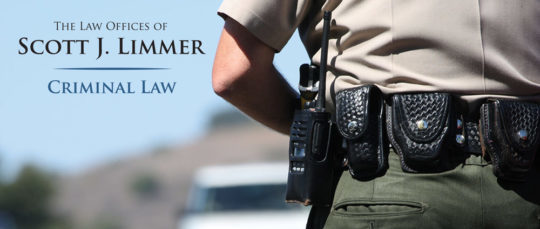Last April, I wrote about here the tale of Daniel Rushing, the Florida retiree who was pulled over by Orlando police as he drove out of a 7-11. Though the cops first said they stopped him for not coming to a complete stop before entering traffic and travelling 12 miles over the speed limit, it turned out they were staking out the location, after area residents complained about drug activity there.
When Rushing handed over his license, the police noticed his wallet also held an out-of-state concealed-carry permit. Asked if he had a gun in his car, the former city parks employee in his mid-60’s said he did. The police then started search his car – and that’s when the real trouble started.
Though having his gun in the car was perfectly legal, one of the cops soon discovered what she took to be evidence of a serious drug crime. Specifically, she detected on the driver’s side floorboard near the spot for the driver’s feet a few pieces of a shiny, rock-like white substance. At first, she thought it was crack cocaine, but soon decided it was crystal methamphetamine.
The driver offered a different explanation for the mysterious substance: once a week, he drives a sick friend to a chemotherapy appointment. After that, he often picks up a treat, usually a glazed doughnut, at a nearby Krispy Kreme shop, and eats it in his car. So, the objects triggering the cop’s suspicions weren’t cocaine or meth, but instead flakes of doughnut glaze.
But the drug-hunting cops next performed a field test on the mysterious substance, got a positive reaction, and were soon bundling Rushing in handcuffs to the county jail, where he was strip-searched, locked up for 10 hours, and delayed six hours in taking anti-pain medicine for a back injury. Eventually released on bail, he was charged with possessing methamphetamines; the presence of a gun escalated the maximum penalty from five years to 15.
Field tests like the one given Rushing are cheap — usually about $2 – but far from precise (they’re not accepted as evidence in most courts, because many innocent substances can produce false positives), plus they require careful use (the meth field test Orlando police use requires two separate chemicals; if applied in the wrong order, results are worthless). When more detailed and reliable testing results came in from a state lab a few days later, no controlled drug was found to be present, and the charges against Rushing were dropped.
But the second-degree felony drug and firearms arrest was still on his record, which stymied his efforts to start a security consulting business. Rushing sued the Orlando police, and the maker of the roadside drug testing kit they used. His case was helped by state police data showing in over a fifth of cases where local cops turn over suspected meth for testing, the sample turns out not to be meth. While the county initially defended the arrest and testing, before year’s end they paid Rushing a $37,500 settlement, and hundreds of Orlando police got added training on field testing for drugs.
